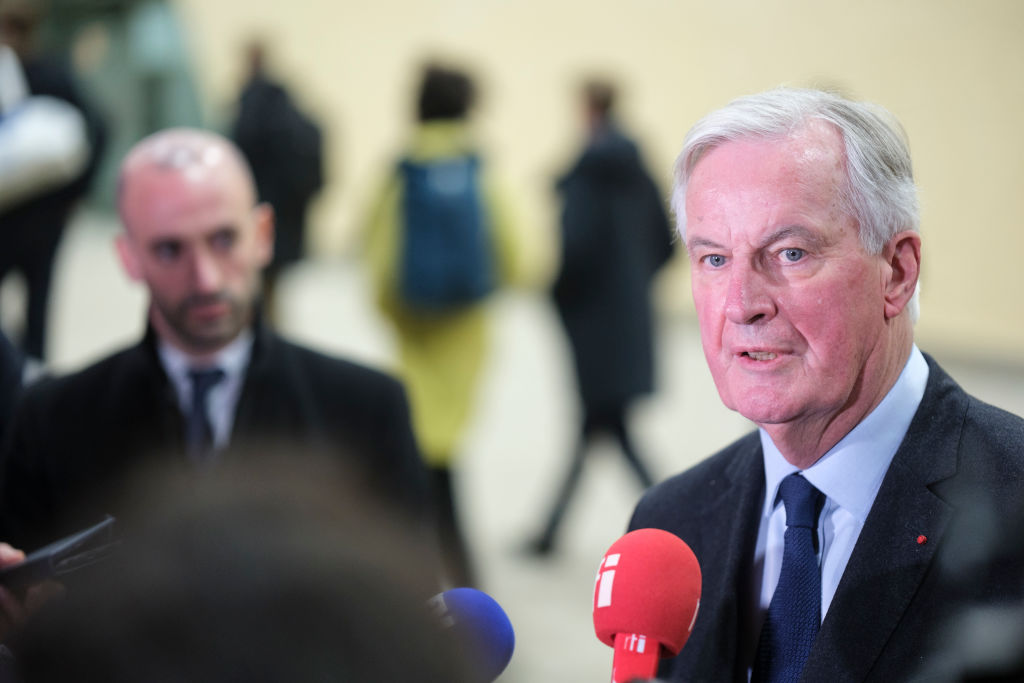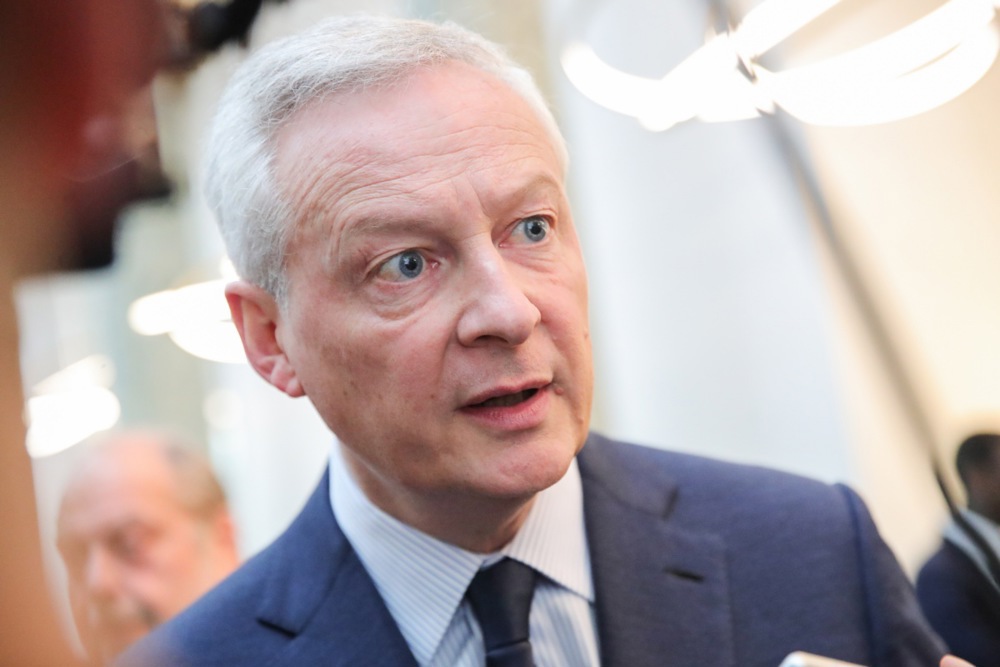Investors seem to growing increasingly anxious over France’s financial situation.
On the morning of January 7, the yield on French 10-year sovereign yields reached its highest level since 2011, at 3.40 per cent in the early morning, daily Le Figaro reported.
This increased nervousness came in the context of an overall rise in bond yields on the markets, also noted in the US and the UK.
France has been particularly vulnerable as the country faces political instability and an inability to agree on a workable budget.
Le Figaro noted the market’s disillusionment could be seen in the evolution of the spread between the yield on French and German bonds.
That has widened significantly, reaching a peak of 88 basis points in early December due to growing concerns over France’s fiscal stability and political uncertainty surrounding French President Emmanuel Macron’s government.
This increase has reflected heightened risk premiums associated with French debt amid fears of potential rating downgrades.
Currently, the spread between France and Germany was at around 86 basis points, indicating continued volatility.
This has happened while the French Government has also been trying to find an agreement on pension reform. Unions have been demanding a recall of the recent raising of the retirement age to 64.
In 2023, Macron had utilised a special constitutional provision, Article 49.3, to bypass parliament for its pensions reform, which raised the retirement age from 62 to 64.
The centre-right Republican Party has stressed the need for a reduction in State spending, no increase in taxes, support for local authorities and security.
France’s public debt is projected to keep growing and reach approximately 117 per cent of GDP by 2026, according to the European Union, which limits public debt to a maximum of 60 per cent.
The budget deficit for 2025 is expected to be between 5 per cent and 6.6 per cent of GDP. The government said it was aiming for a target closer to 5 per cent, in line with European demands.
The country’s economy is set to grow only 0.9 per cent in 2025, according to the latest forecast by the French Central Bank.
On December 10, ratings agency Moody’s downgraded the country’s credit score to Aa3. It said it had concerns over the growing national deficit.
That came after the government of then-prime minister Michel Barnier fell on December 4 due to the budget issues. It had only been voted in in September. Both the right-wing opposition and left-wing opposition approved a no-confidence vote after Barnier tried to push through a budget they were against.
That had included €60 billion in tax hikes and spending cuts intended to slash a deficit that had reached 6 per cent of GDP, which would have seen France devoting more money to borrowing costs than to its defence budget.
Finance Minister Antoine Armand has sounded the alarm on the French budget, warning of the “very serious situation” facing France. https://t.co/mz76DU3Tds
— Brussels Signal (@brusselssignal) September 25, 2024





